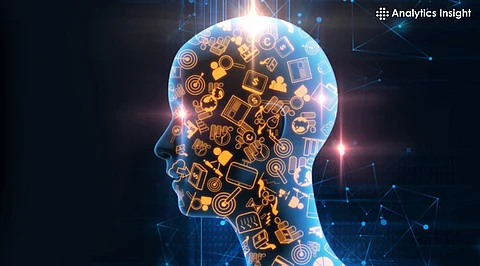

• AI lacks emotions, self-awareness, and morality, so it doesn’t meet the criteria for human rights protection.
• Non-humans like rivers or companies get legal rights; AI may get similar protections due to its social impact.
• Experts focus on keeping AI safe and fair, ensuring it helps humans in daily life and critical areas.
Artificial Intelligence (AI) is improving rapidly. It can now write articles, create artwork, compose music, assistdoctors, and even hold conversations that sound like they’re coming from a real person. Because of this, a big question has come up: shouldAI be treated like a person? Could it ever have the same rights that humans do?
Human rights are basic protections that all people are supposed to have. These include the right to live, speak freely, and be treated equally. These rights are based on things like emotions, self-awareness, and the ability to make decisions. AI doesn’t feel anything, doesn’t understand itself, and doesn’t know what is right or wrong. That’s why experts believe AI doesn’t qualify for human rights.
In some situations, the law gives rights to things that aren’t human. For example, companies, rivers, and animals in some countries have been givenlegal rights. These rights don’t mean that these things have feelings, but they are still protected under the law. Some people believe that if AI plays a big enough role in human life, it could get similar legal protection, not because it’s alive, but because it affects society.
Also Read:Artificial Intelligence in Human Resource: Improving Processes, Reducing Bias
Most people are not in favor of giving AI full rights. However, some believe advanced AI systems should be protected in some ways. For example, not destroying them without a valid reason if they are very complex. There are a few who think that if AI ever becomes truly self-aware or emotional (which hasn’t happened yet), then its rights should be considered more seriously.
Giving AI rights could lead to problems. A company might say its AI has rights and use that to avoid taking responsibility if the AI does something wrong. For example, if an AI system rejects job applications based on race or gender, who is responsible the AI or the people who built it? Experts say attention should be on how AI affects real people. Many AI tools are already used in important areas like schools, hospitals, andlaw enforcement. If these systems are unfair or faulty, they can harm people. That’s why protecting human rights from the effects of AI is more important right now.
Also Read:Artificial Intelligence Outperforms Humans in Poetry Ratings
Governments everywhere are developing legislation to ensure AI is used safely. In the EU, the AI Act verifies how safe and equitable AI tools are, particularly in domains that can influence the lives of individuals. In 2025, in excess of 50 nations committed to cooperate with each other to ensure AI promotes human rights and democracy.
Rather than providing human rights to AI, experts prefer ensuring that AI systems are programmed in such a manner that they do not cause harm to humans. AI must not discriminate, protect personal information, and be simple to comprehend if AI does make an error.
Currently, AI does not have human rights. It lacks emotions, memories, and a sense of self. Although it can pretend to know things, it doesn't really feel anything. It remains a tool that human beings made.
As AI continues to grow and become more advanced, the debate will continue. But untilmachines can truly think, feel, and make their own choices, human rights will remain something only real people can have.
